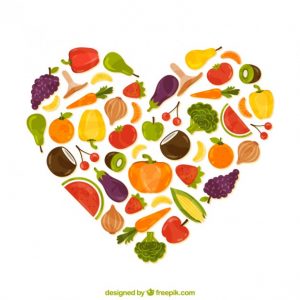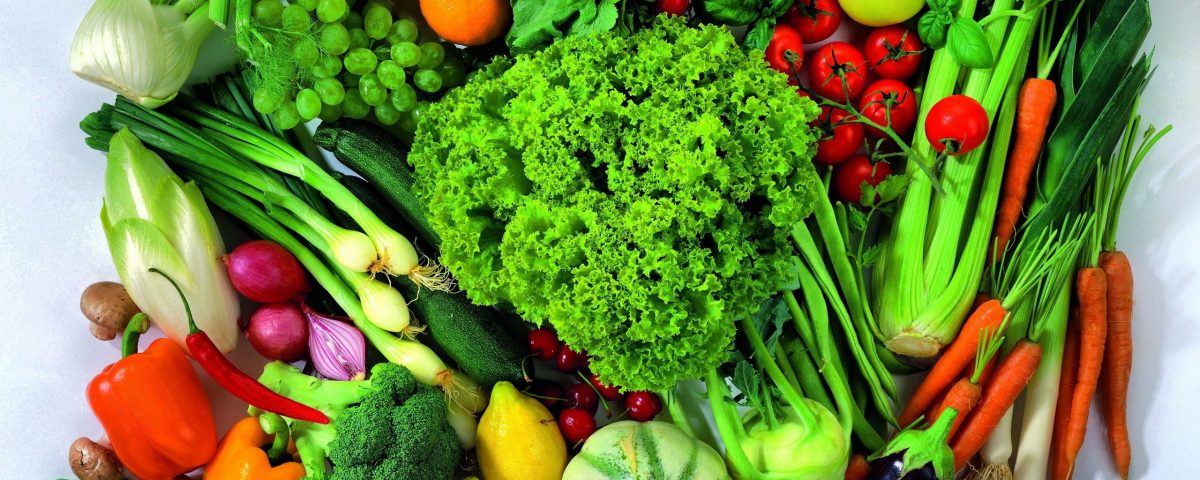Mental Health Monday: Fuel your Mind

Mental Health Monday: Communicate to Connect
August 21, 2017Mental Health Monday: Motivation Part 1
September 10, 2017We’ve heard time and again reasons to eat healthy, however this time eating healthy isn’t about the numbers on the scale or living a life of restriction. No, this time around we are talking about your paycheck potential and general life satisfaction: How what you eat may be impacting your bottom line not just your bottom.
There are numerous different theories and schools of thought on what to eat. We recognize that this is largely a personal decision with many religious, cultural, and environmental preferences that must be taken into account. So, this is less to tell you what to eat and more about raising the awareness around food consumption effects on energy and consequently creativity, productivity, and (our favorite) potential.
One thing we know is that foods high in fat and sugar drain the body and mind, making work harder and leaving you feeling spent before the day is done.
In an article found on WebMd the author notes that, “Any food with calories will give you energy; however, foods high in fat stimulate production of serotonin that can make you feel sluggish and tired.”
For a quick reference here’s a list of options for high energy foods that naturally give you the boost you need:
- Blueberries
- Beans
- Cantaloupe
- Strawberries
- Mango
- Spinach
- Salmon
- Nuts
- Tea
- Tomatoes
- Low fat dairy products
- Oatmeal
- Whole grains
- Citrus fruit
- Peppers
- Sweet potatoes
There are certainly hundreds of additional whole foods that could be categorized as a natural source of energy so we encourage you to research and find the foods that make you soar.
In addition when we talk about maximizing energy and using food as fuel it’s not just “what” we eat it’s also how and when that contributes to the boost or bottoming out of our energy stores.
In Harvard Health Publications coming out of Harvard Medical School they offer the following advice:
- Eat small, frequent meals (avoiding long fasting or big meals)
- Smaller is better (especially to avoid an afternoon slump)
- Avoid crash diets (think gradual and long term)
- Use caffeine to your advantage (diminishing returns when used in excess)
- Limit alcohol (drains next day energy and dehydrates)
- Drink water (which carries vitamins and minerals and comprises the majority of your body)





